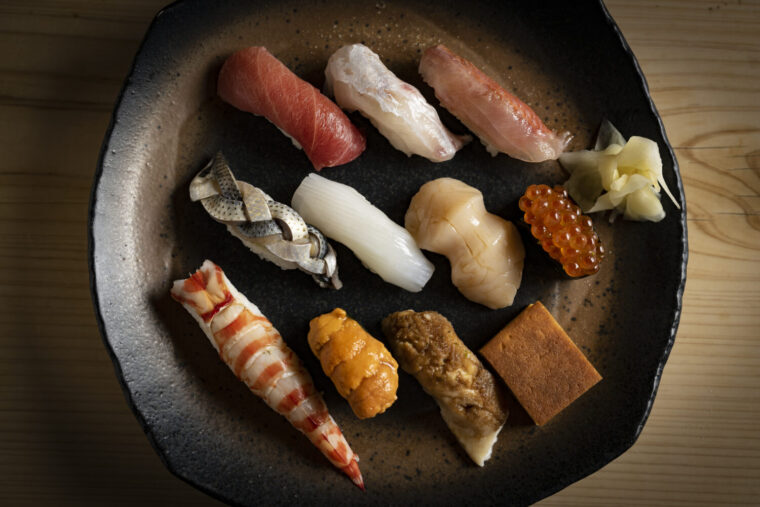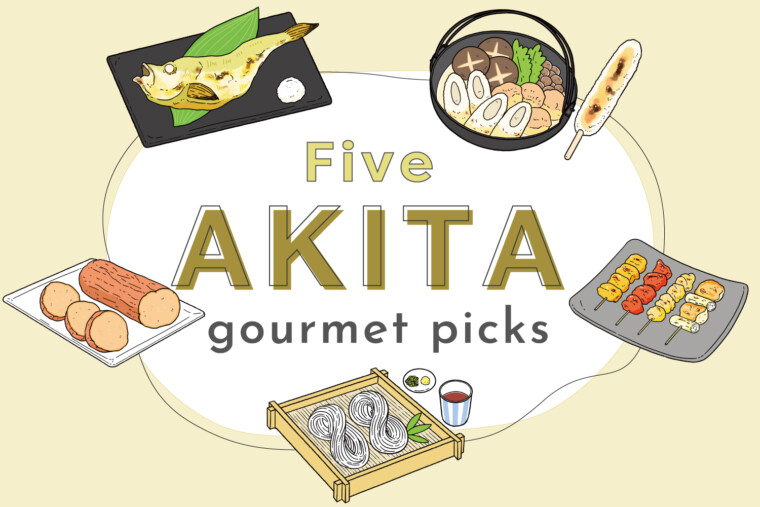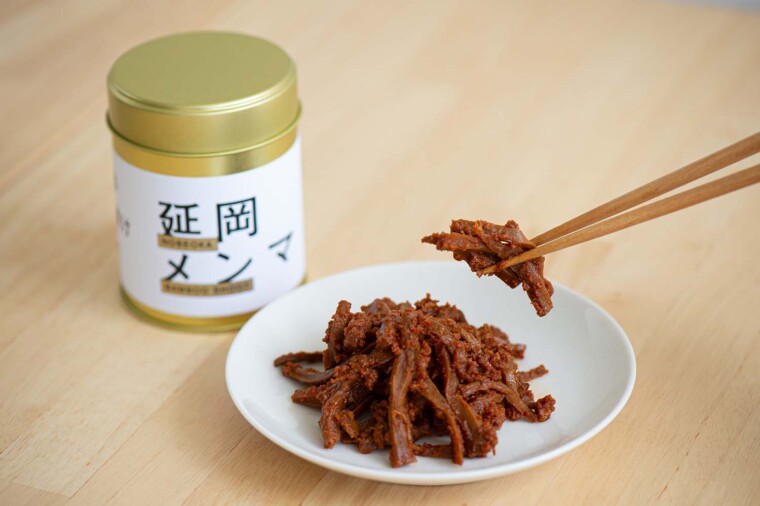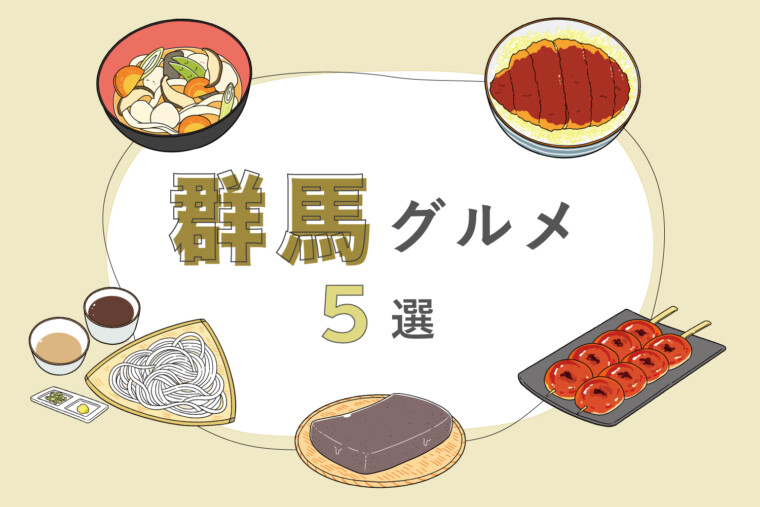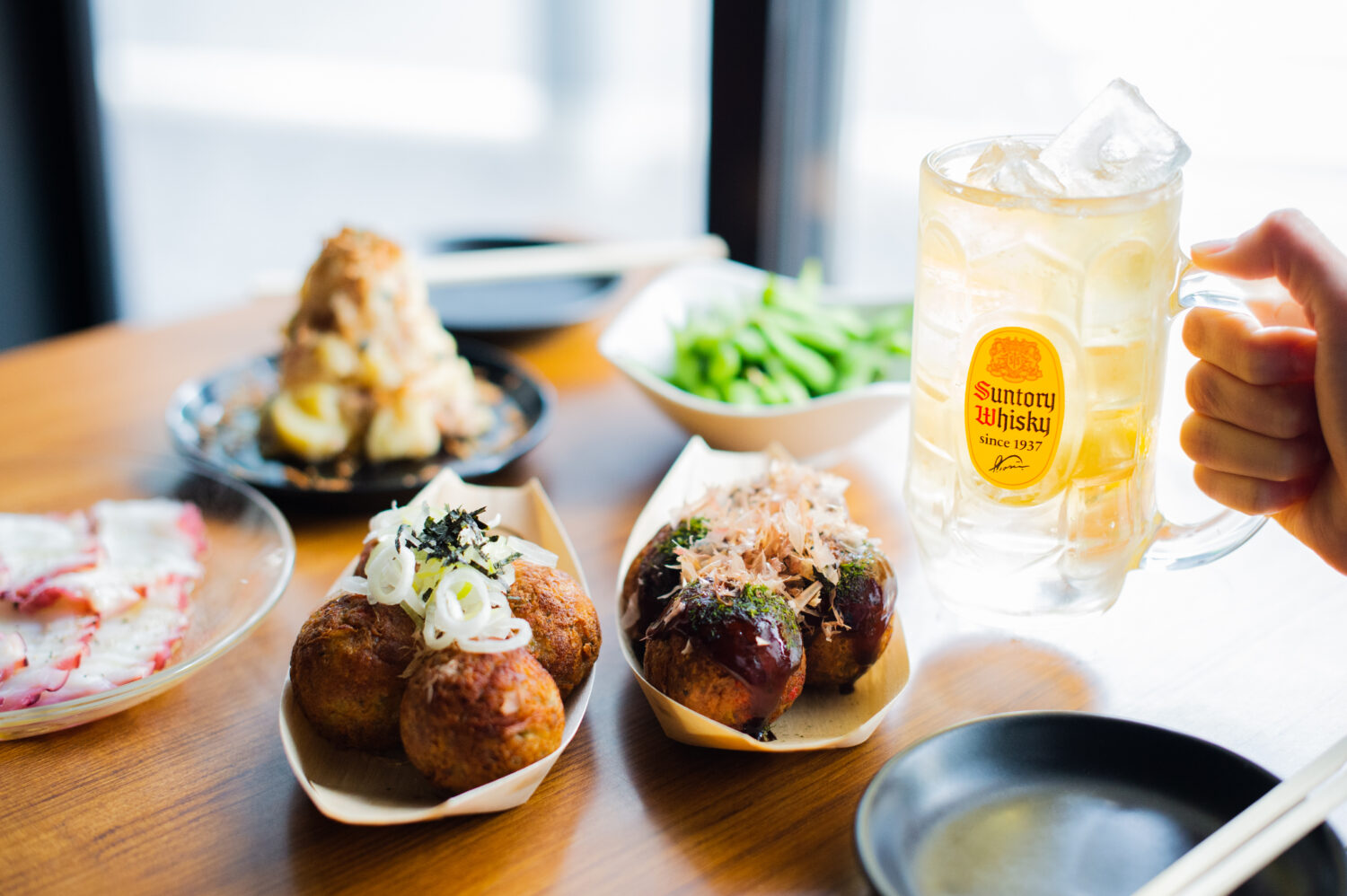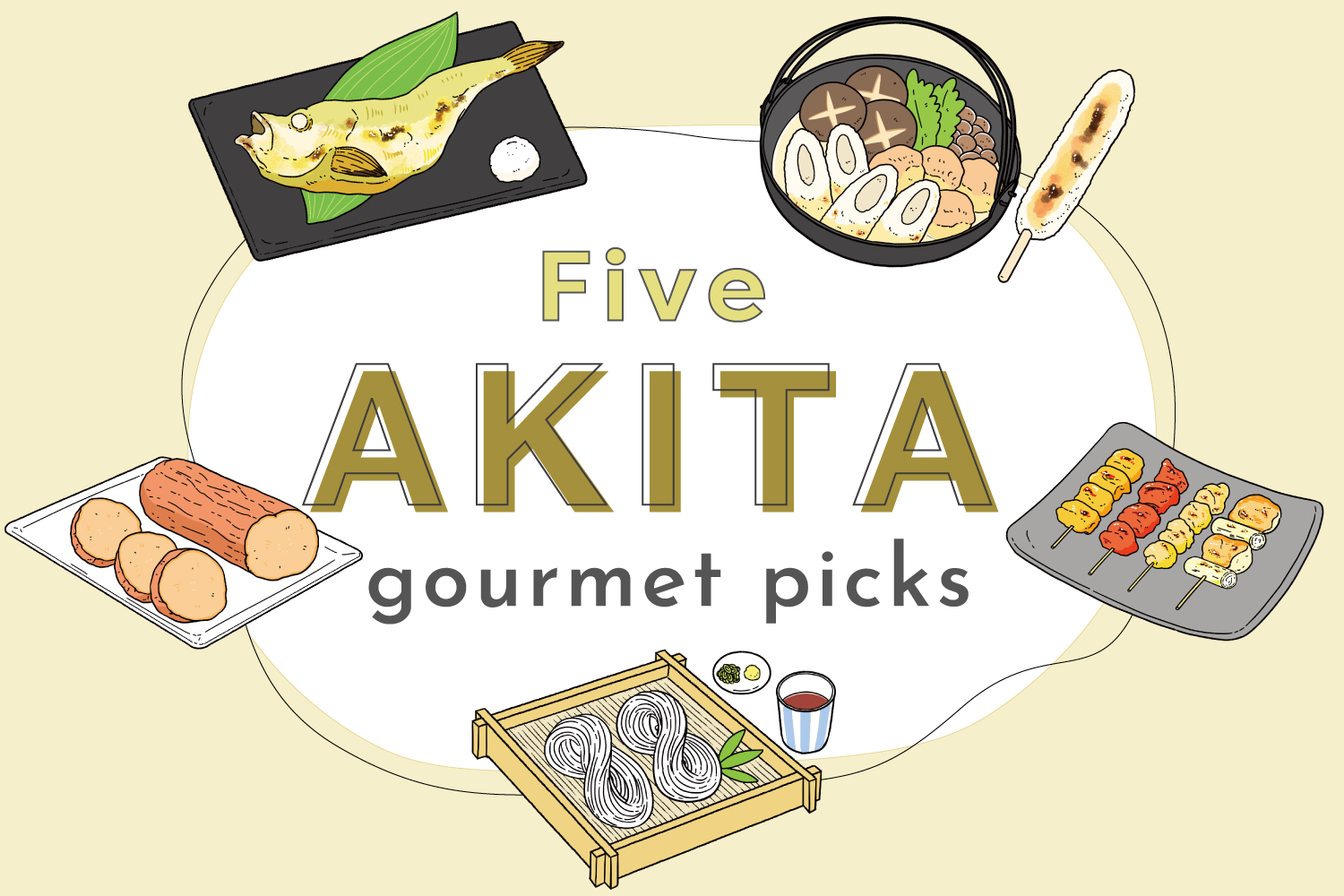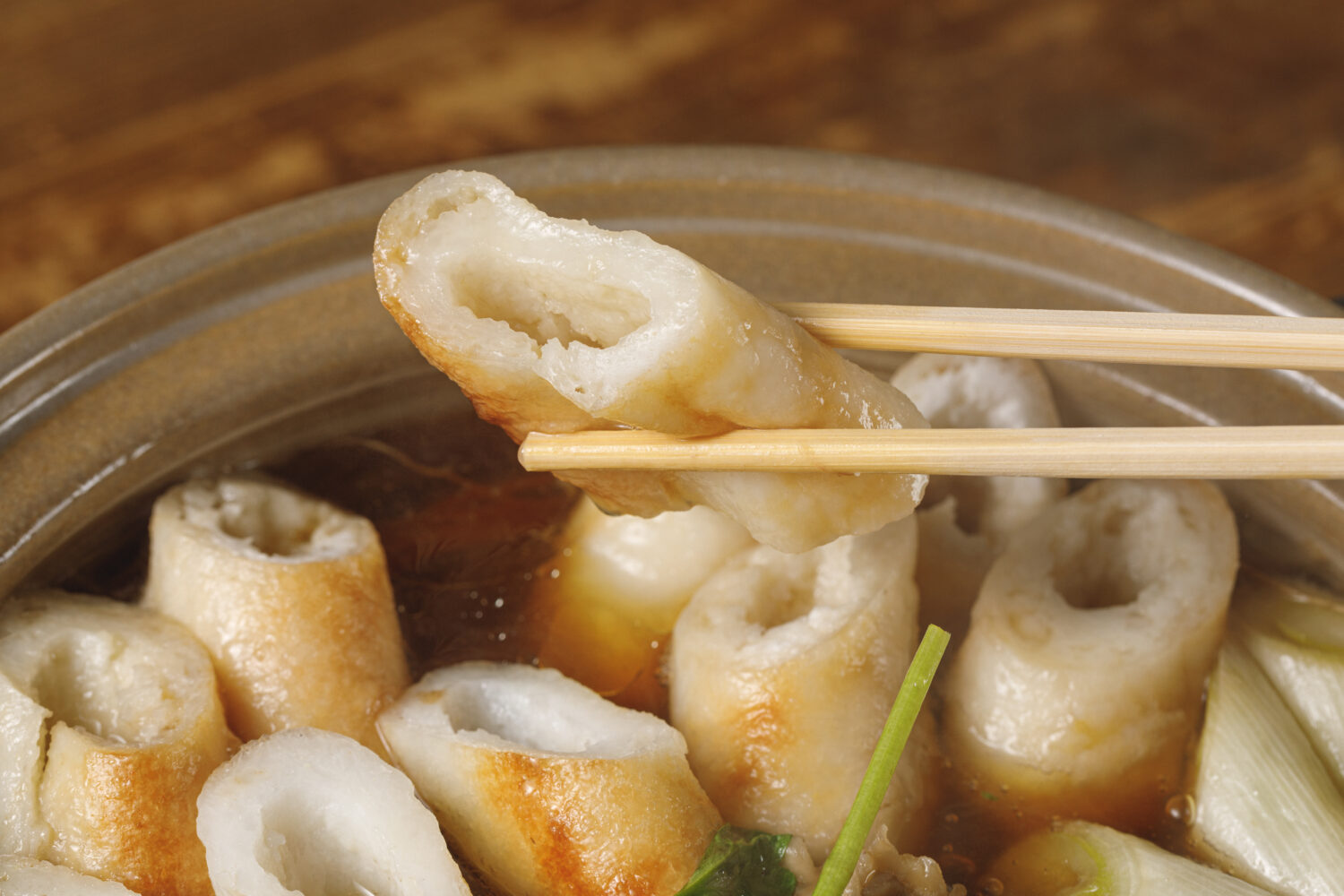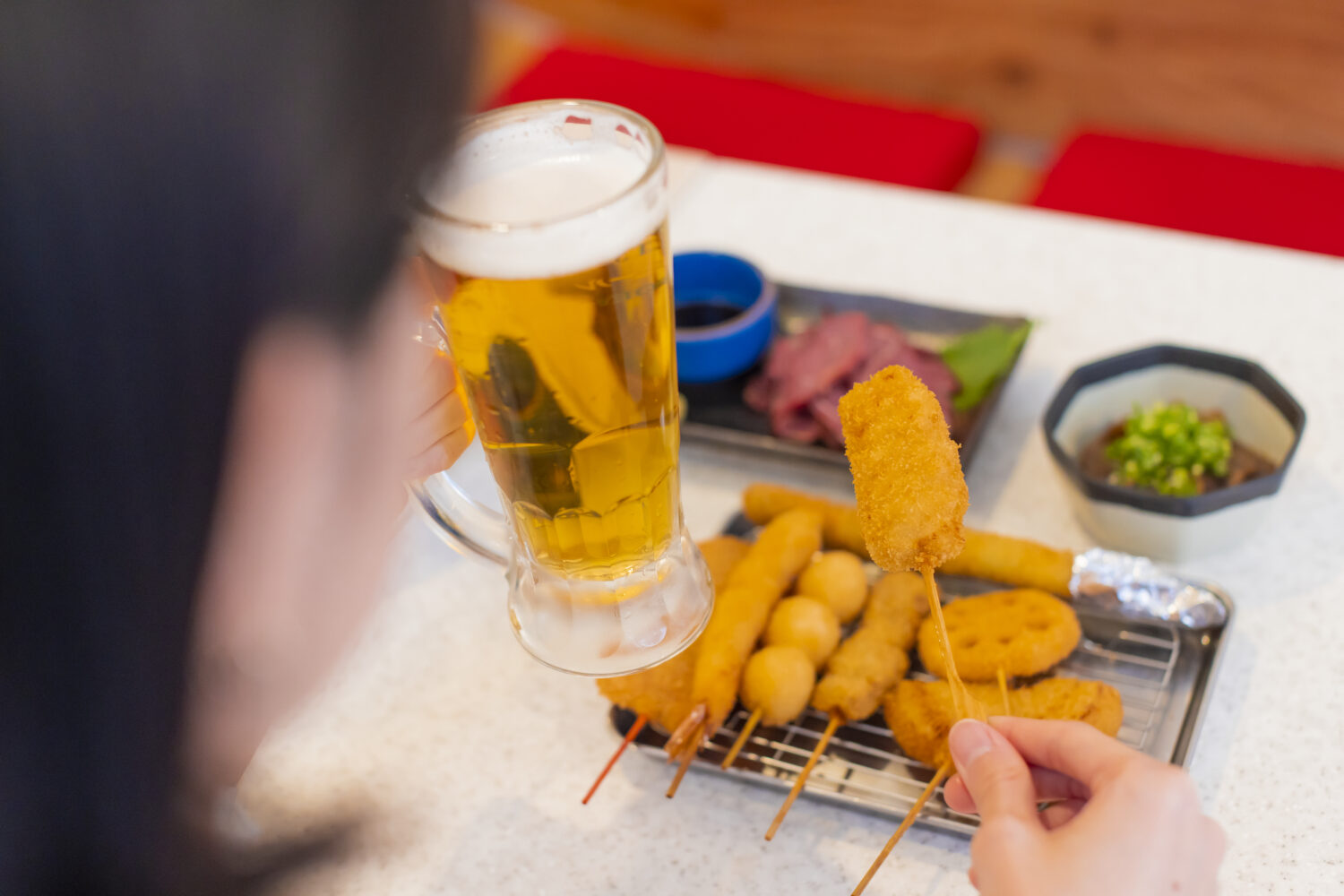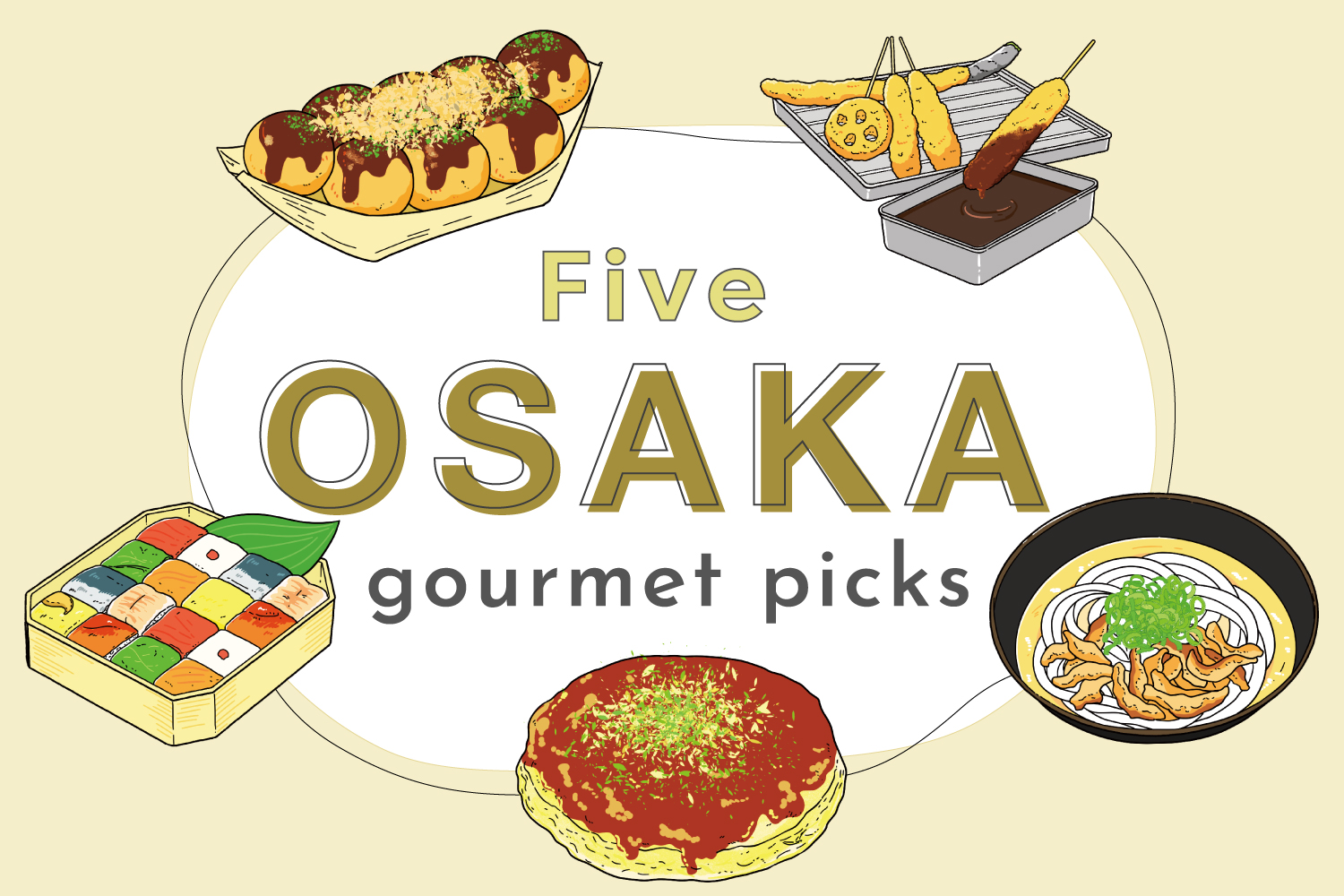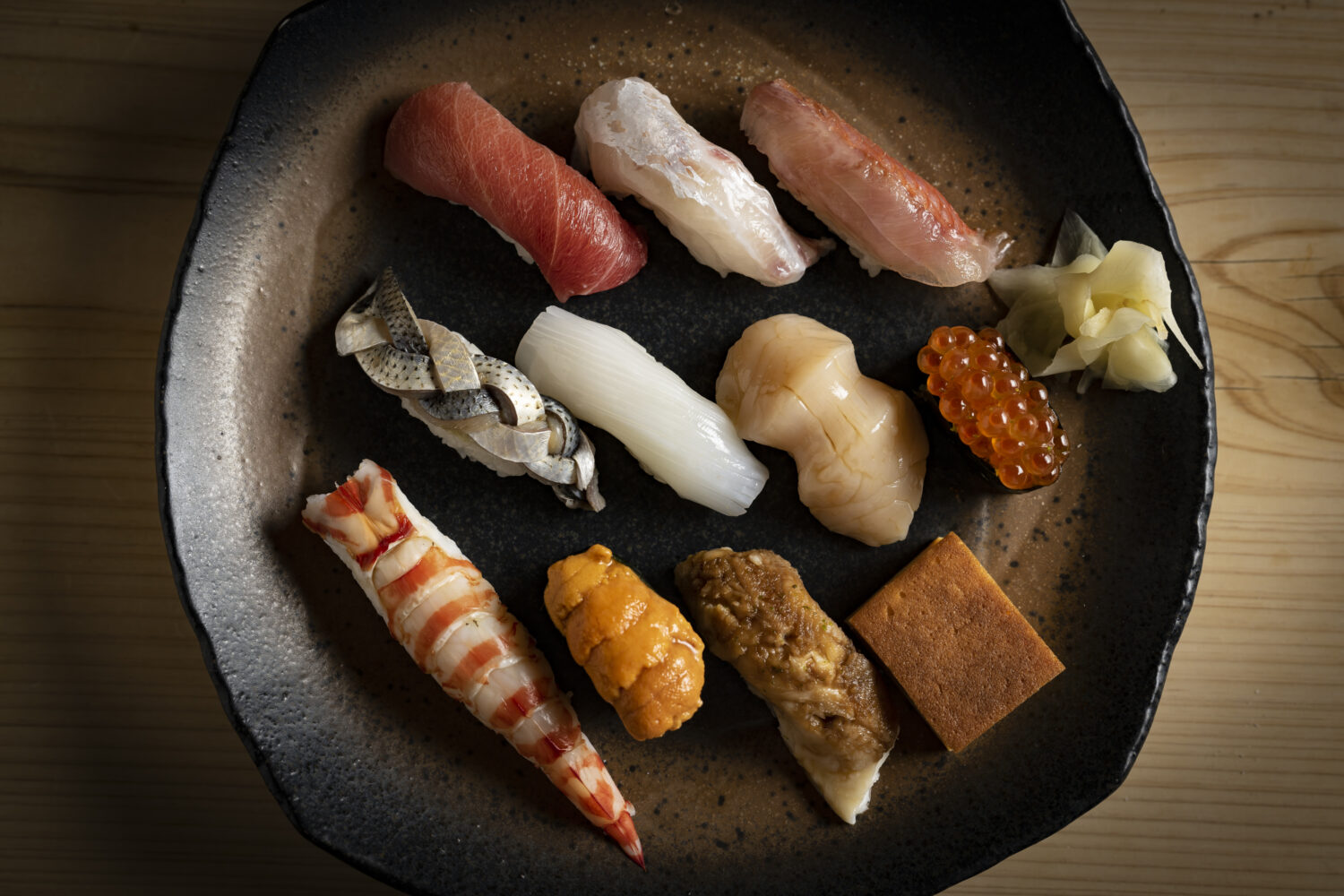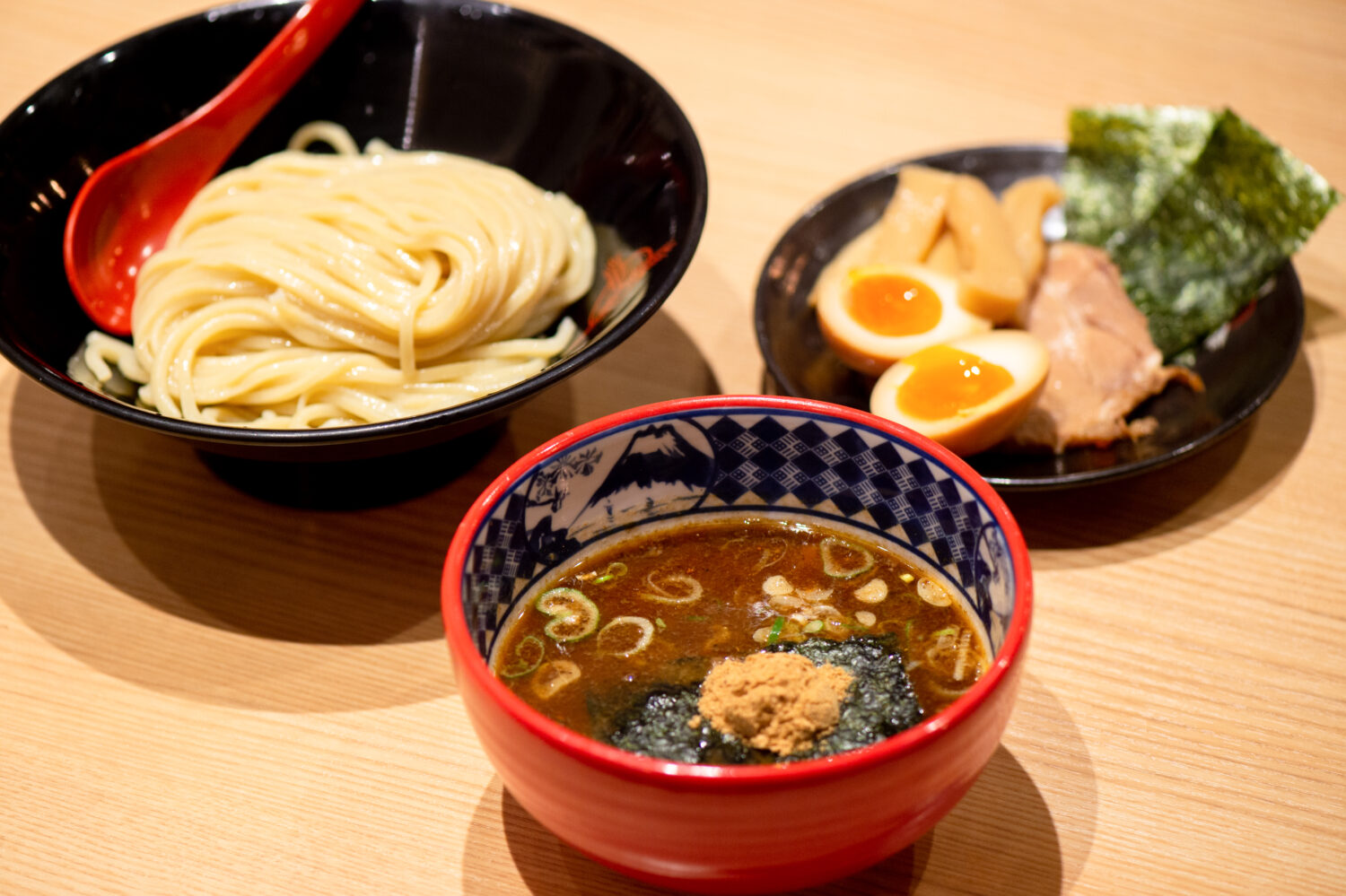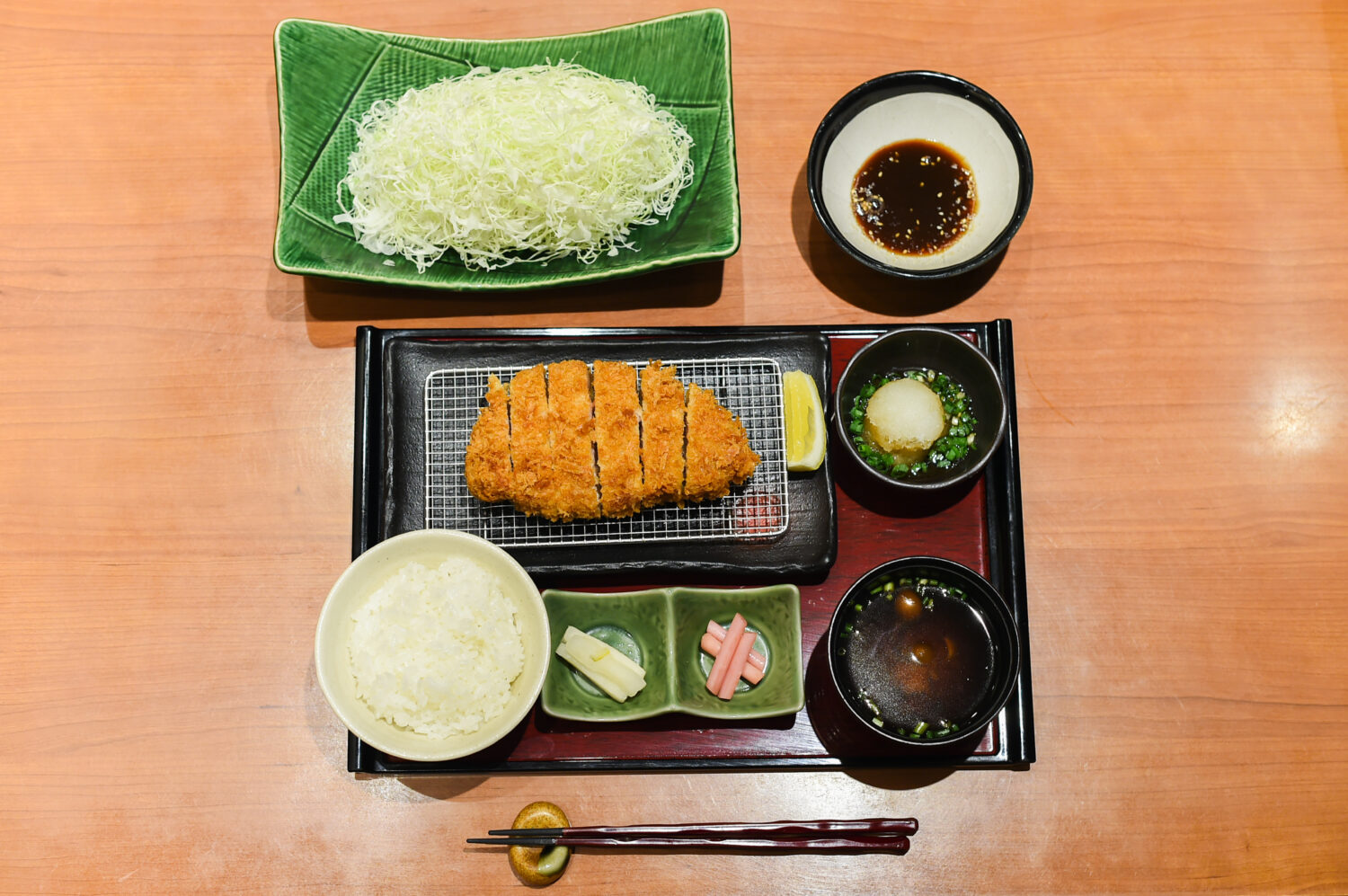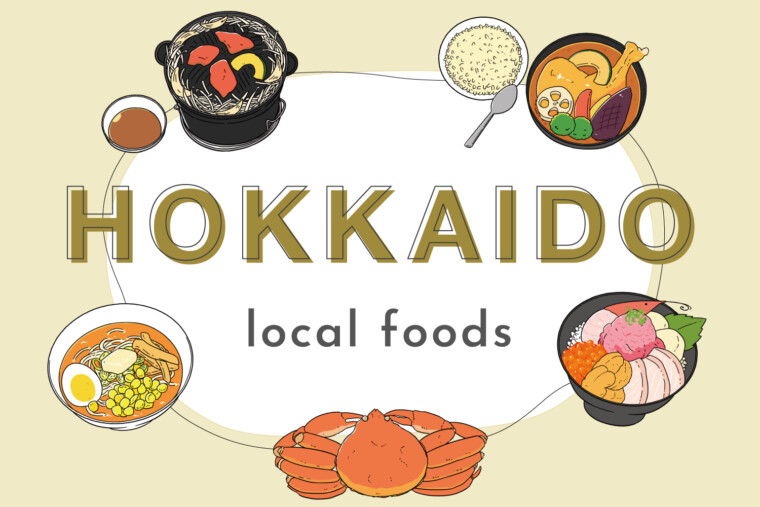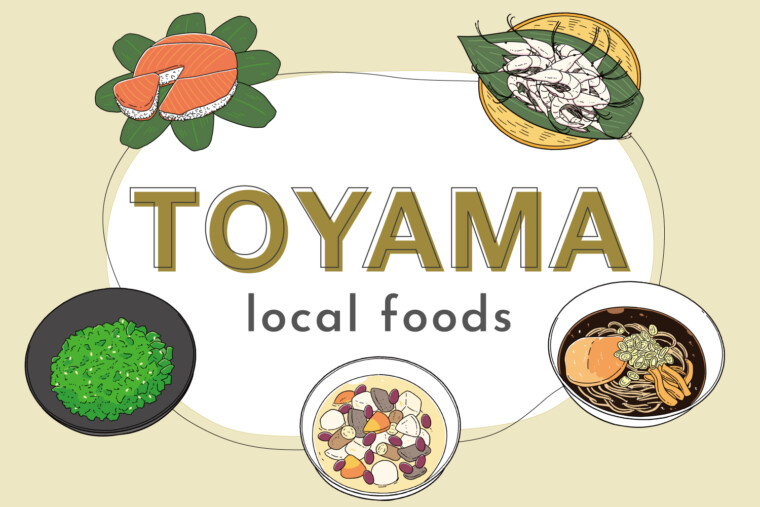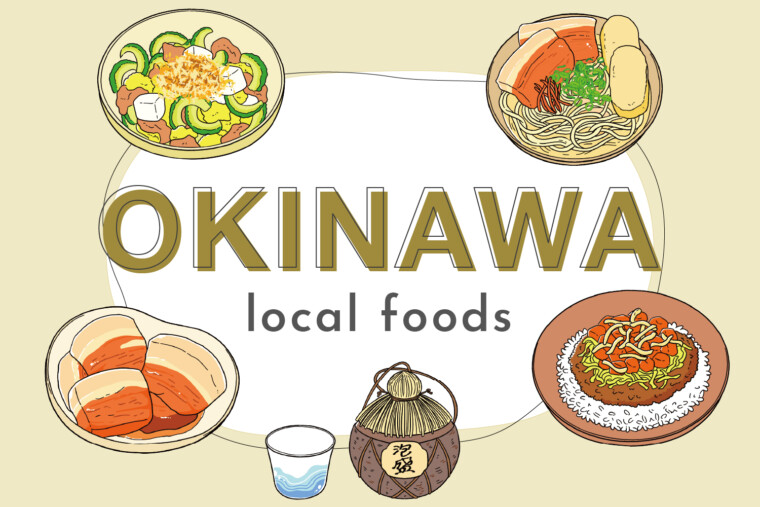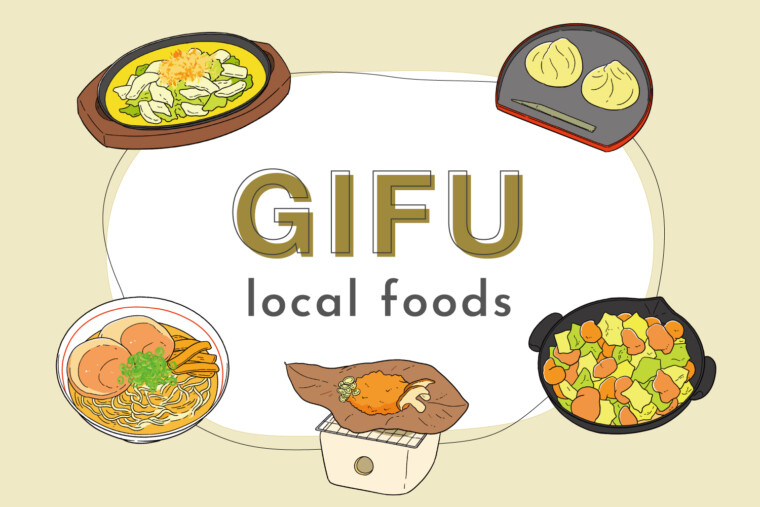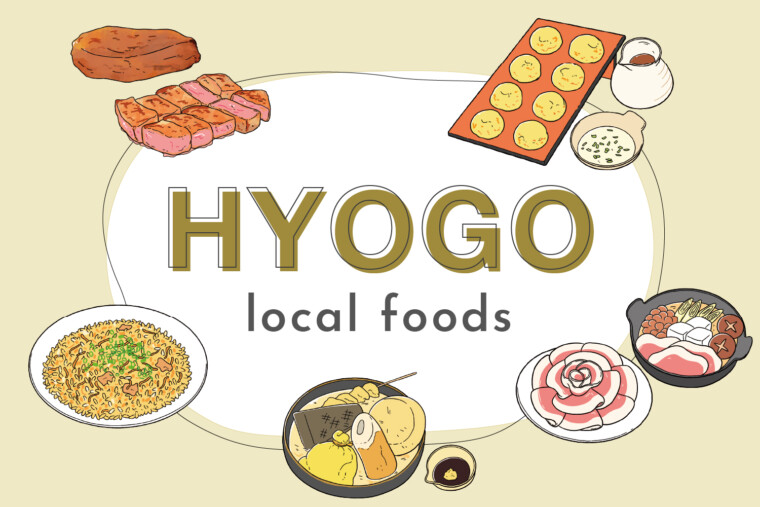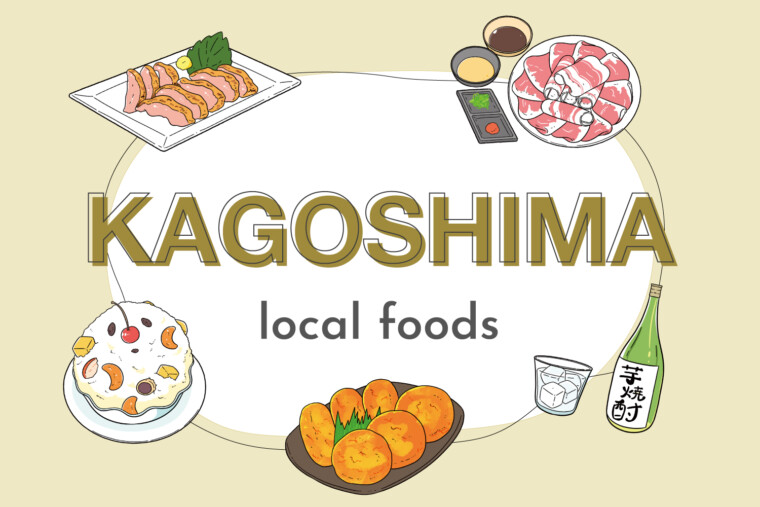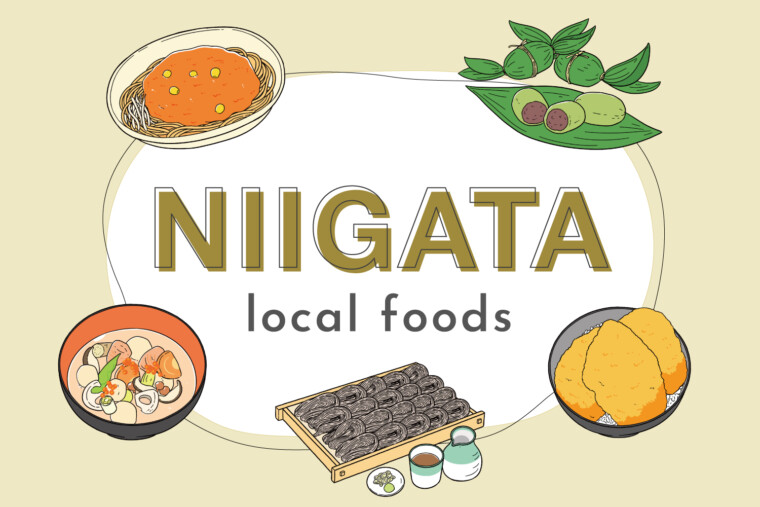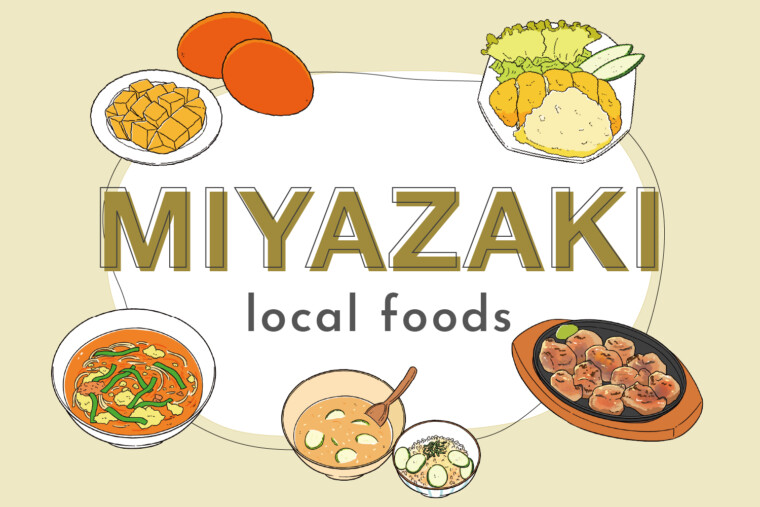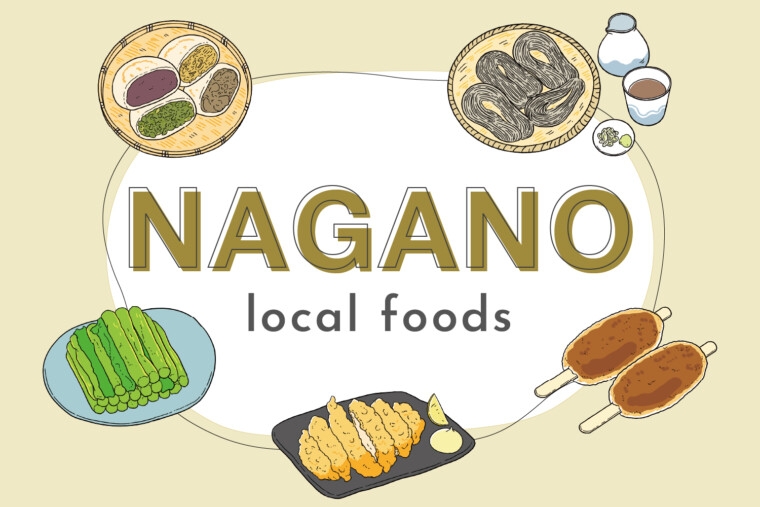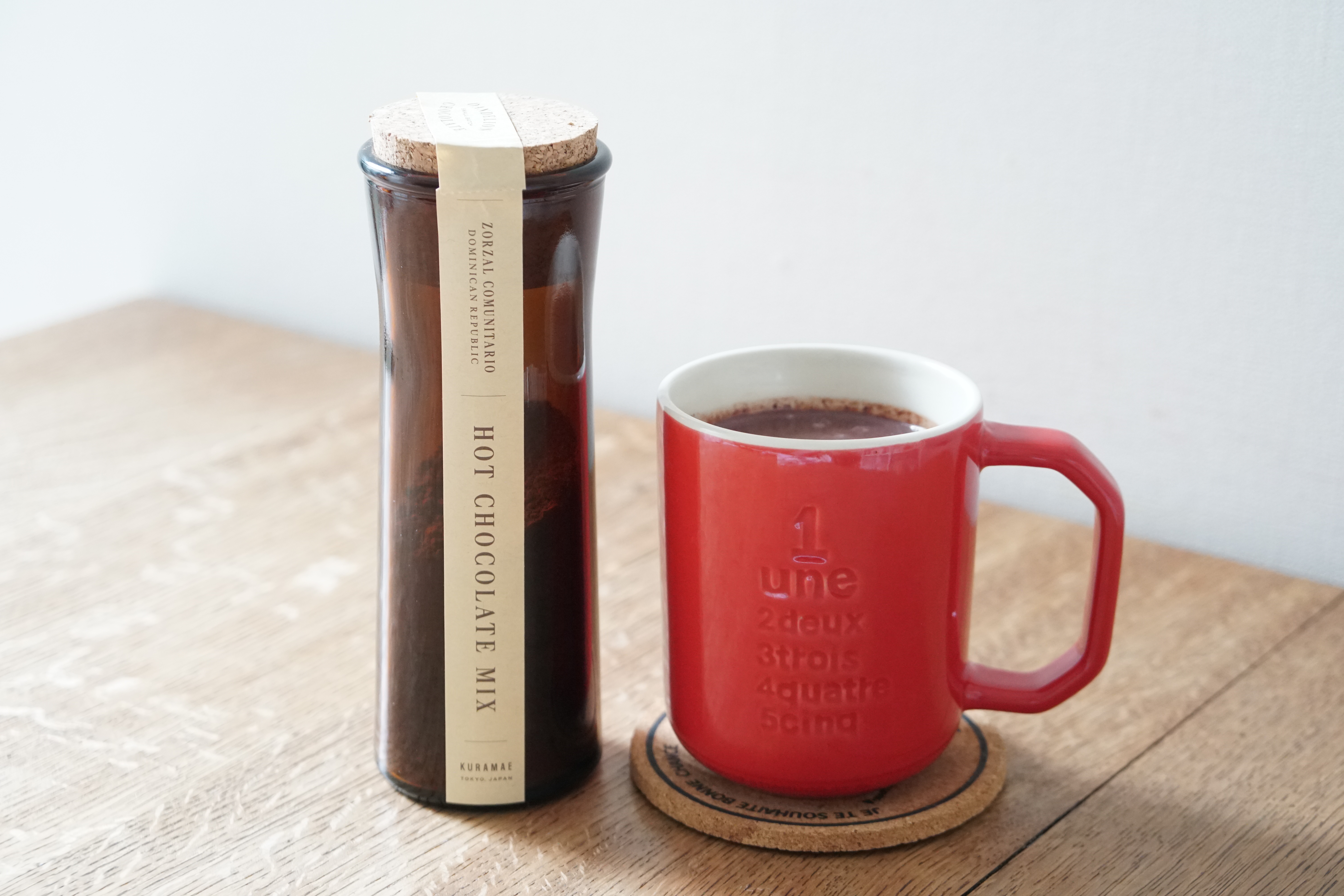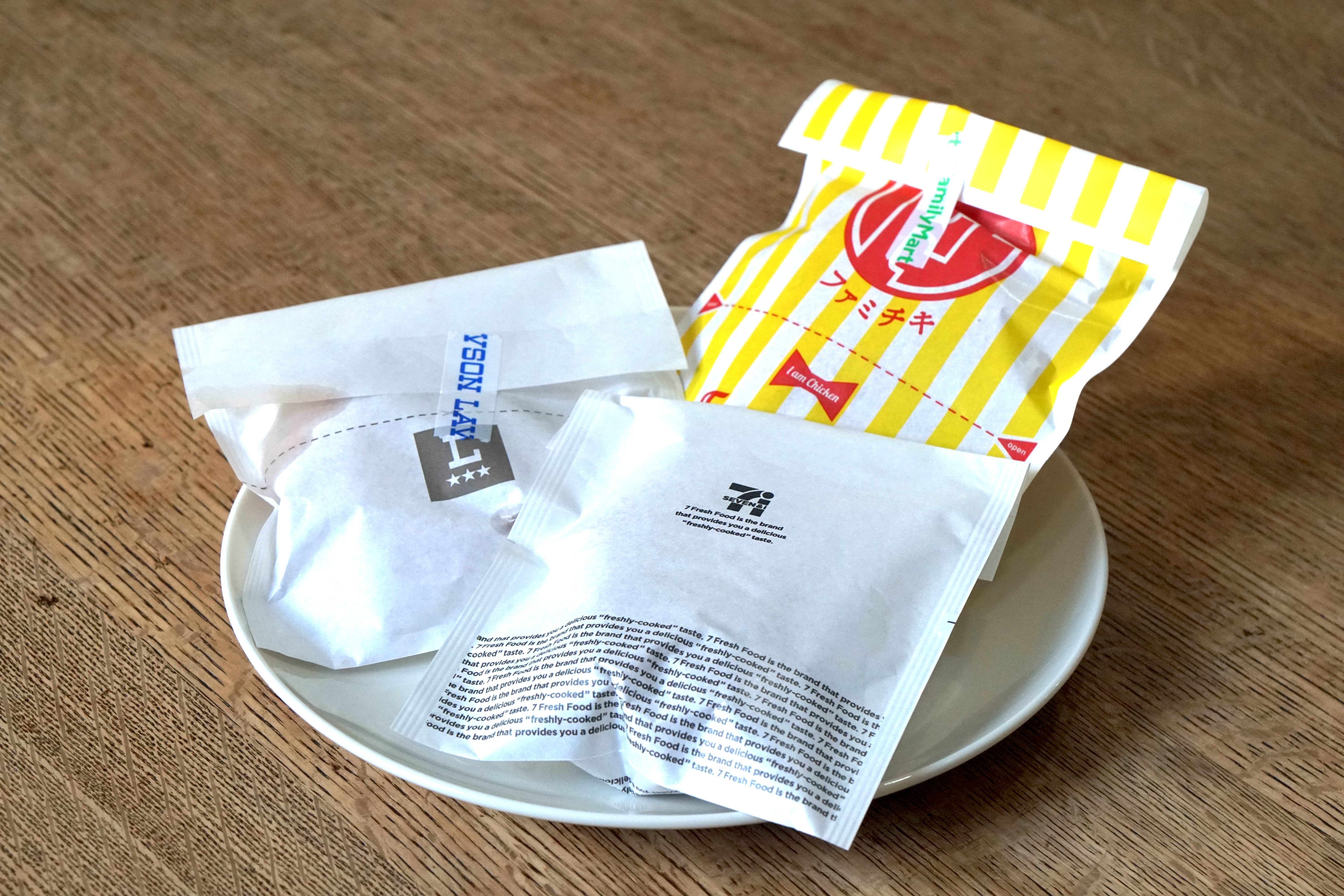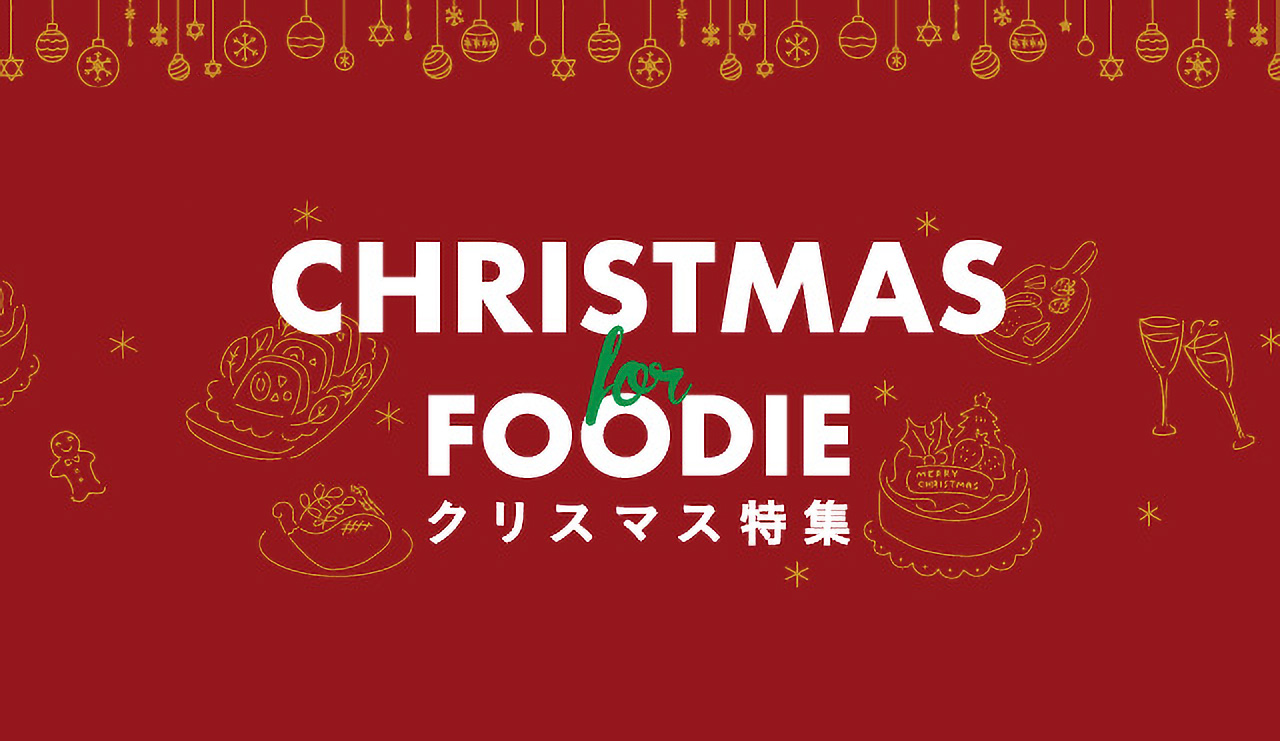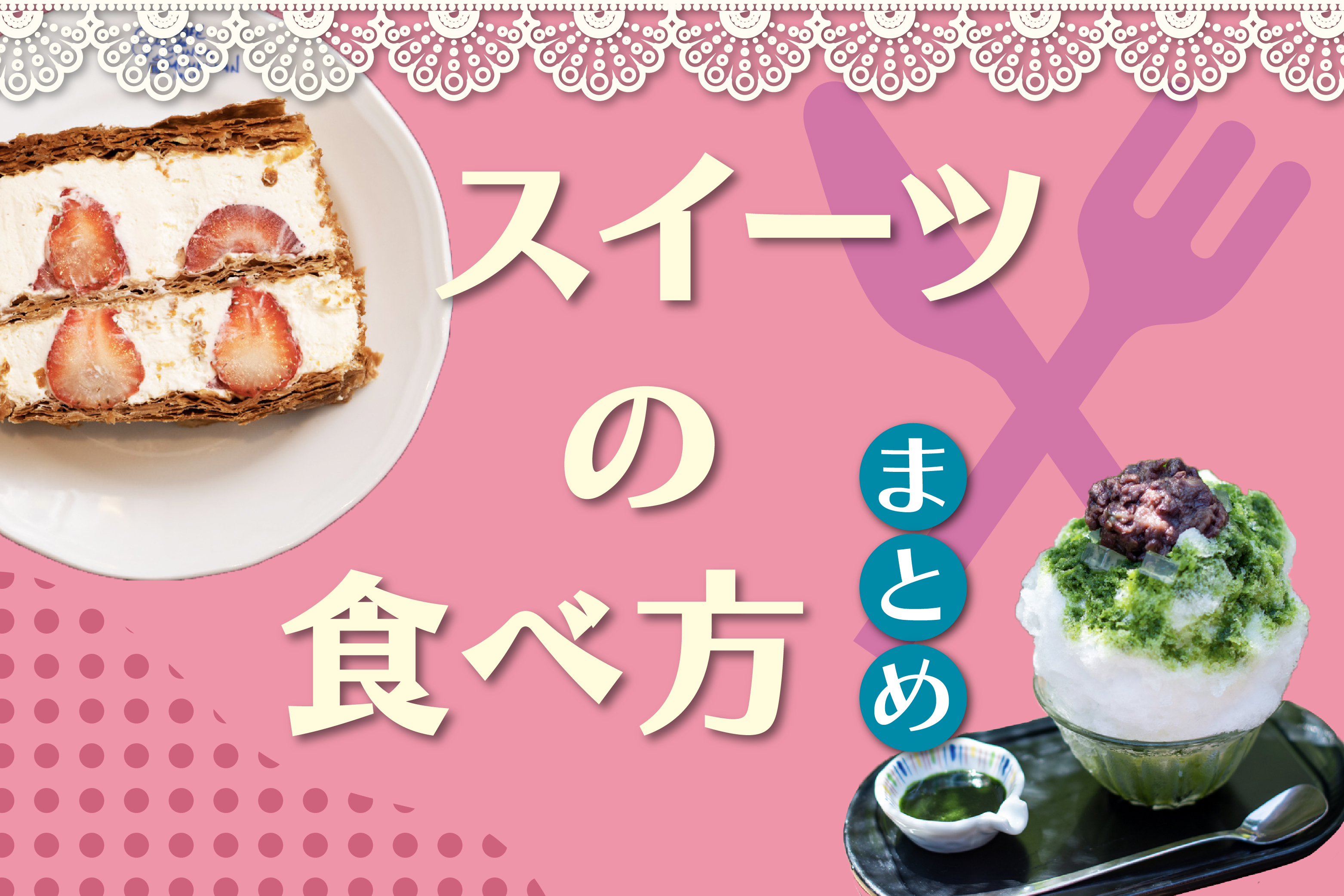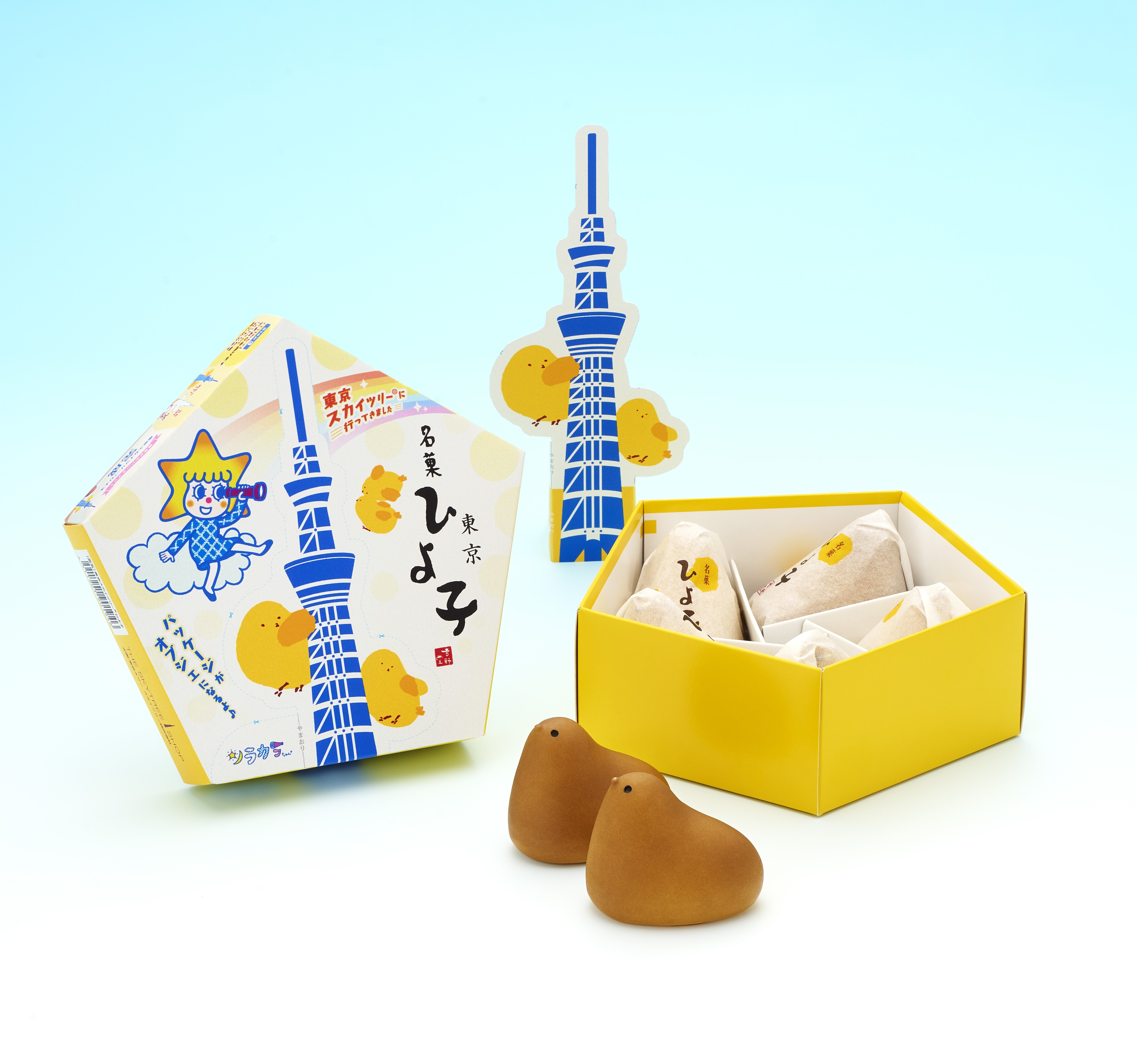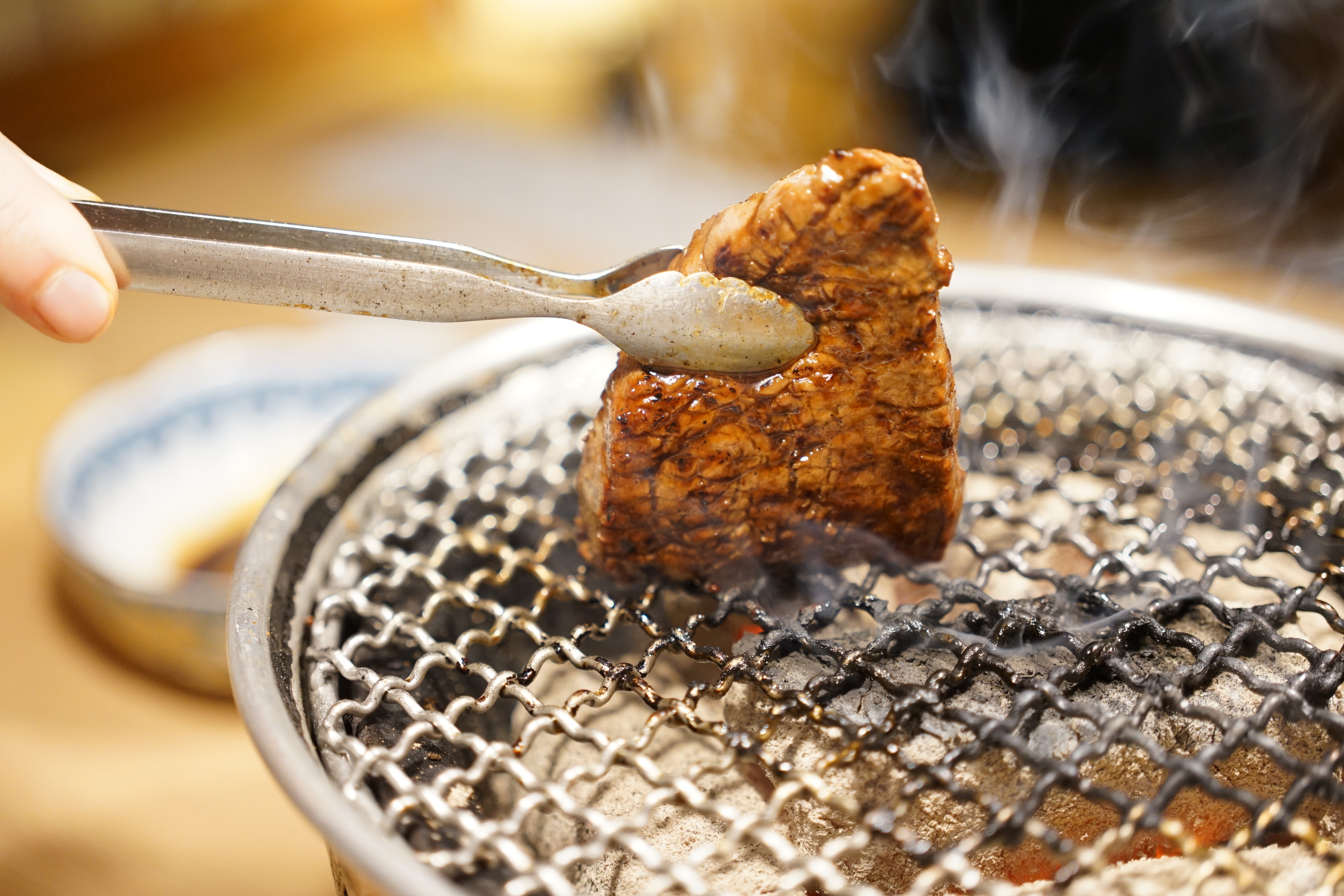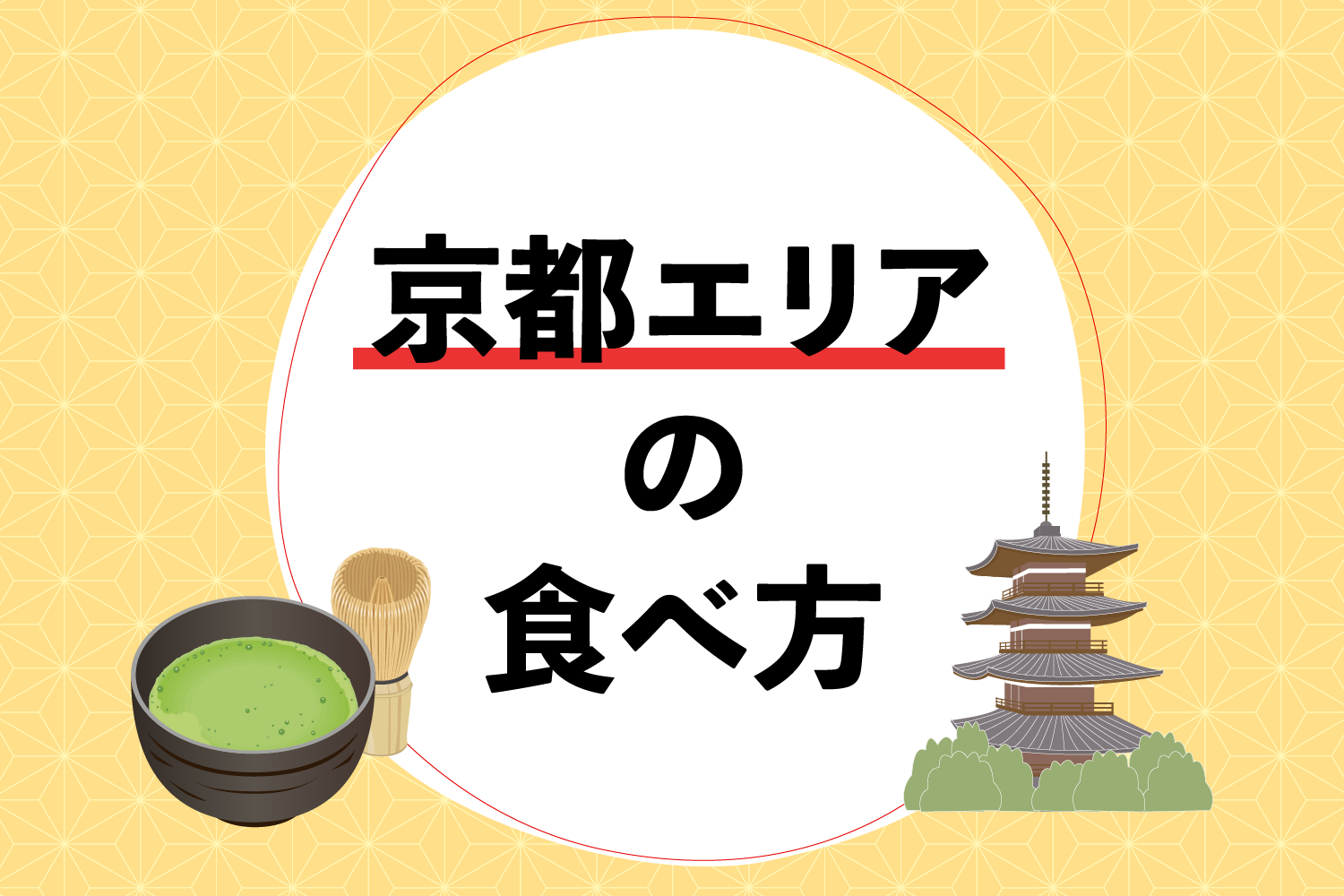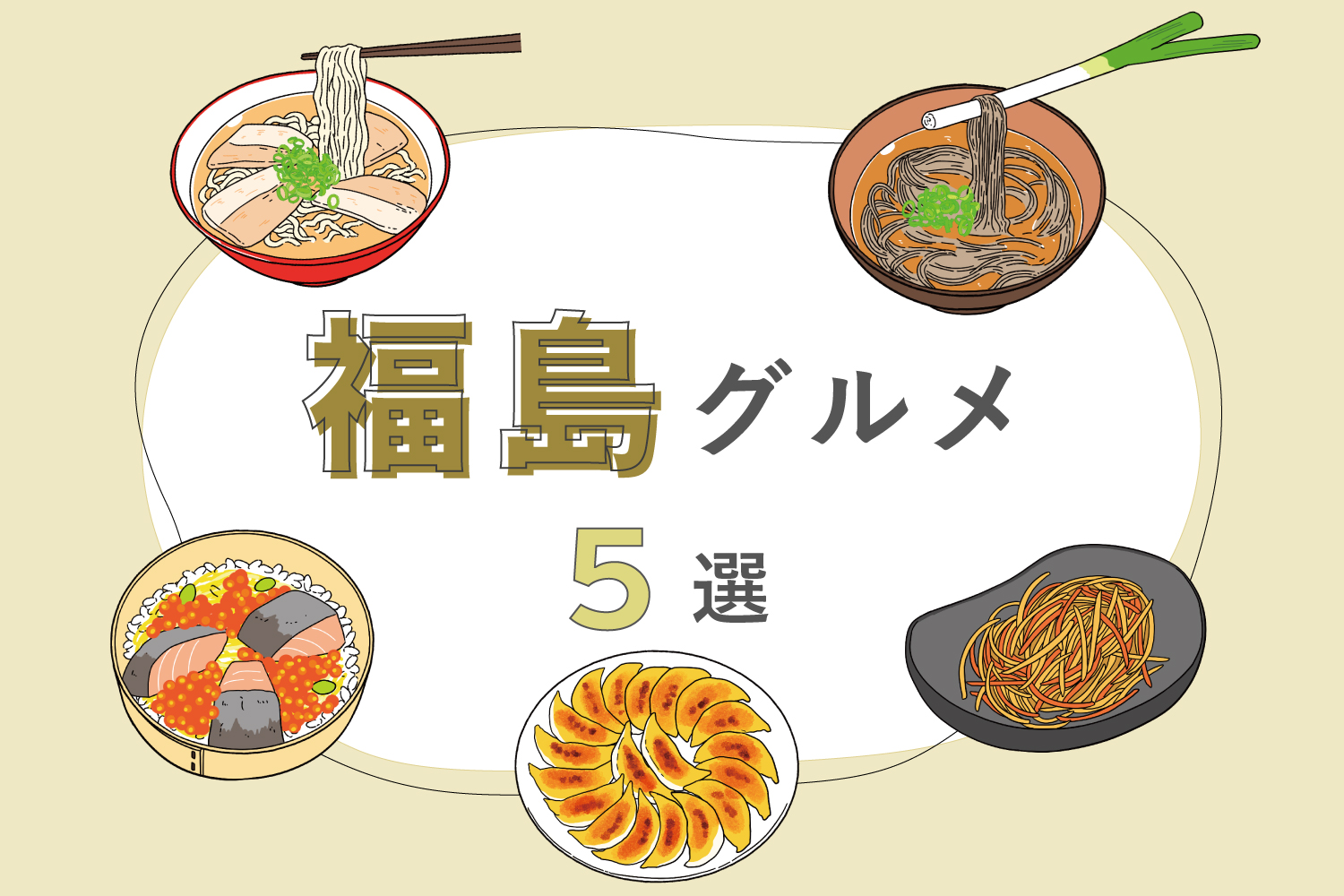
Top 5 Famous Foods from Fukushima You Must Try: Negi Soba, Enban Gyoza, Kitakata Ramen
Fukushima Prefecture, the third largest in Japan by area, has a diverse food culture thanks to the stark differences in climate and environment between its Pacific coastal areas and inland regions. In the Fukushima Basin, fruit cultivation is thriving, with peaches ranking among the top in both production and shipments nationwide. The prefecture is also home to unique local delicacies such as Negi Soba and Ika-ninjin.
share:
Table of Contents
Green Onion as Chopsticks!? “Negi Soba”
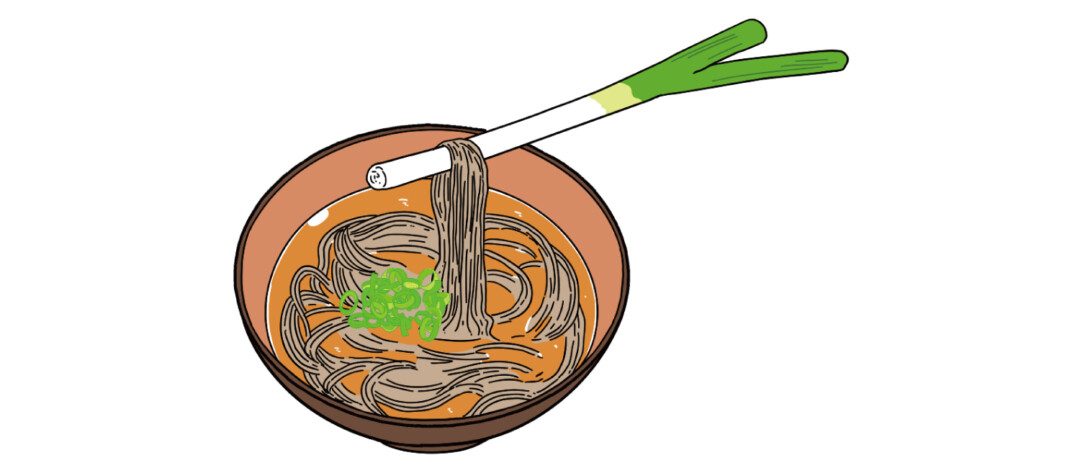
“Negi Soba” is a specialty of Ouchi-juku in the Aizu region. The unique feature is that you eat it using a whole raw green onion as chopsticks. You scoop up the soba with the green onion and eat the noodles together with it. The soba is served with dipping sauce that includes bonito flakes and grated daikon.
The green onion symbolizes prosperity of descendants, so it is sometimes eaten at weddings and other celebrations, where it is also called “Shugen Soba” (Celebration Soba). In recent years, its impressive presentation has made it popular with tourists as well.
Looks Like a UFO! “Enban Gyoza”
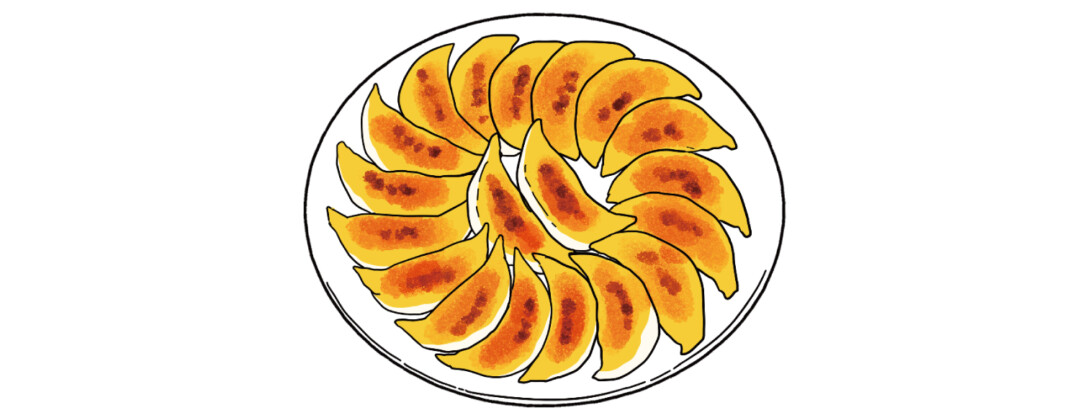
“Enban Gyoza” (Disk Gyoza) are arranged in a circle along the shape of a round frying pan so that many dumplings can be cooked at once. After frying, they are flipped over and served on a plate in their disk shape. The filling is mostly vegetables.
Enban Gyoza developed as a hearty dish to give energy to workers after work, which is why many restaurants in Fukushima serve them mainly from evening until night. Be mindful of the time when planning to eat them!
Perfect for Morning Ramen: “Kitakata Ramen”
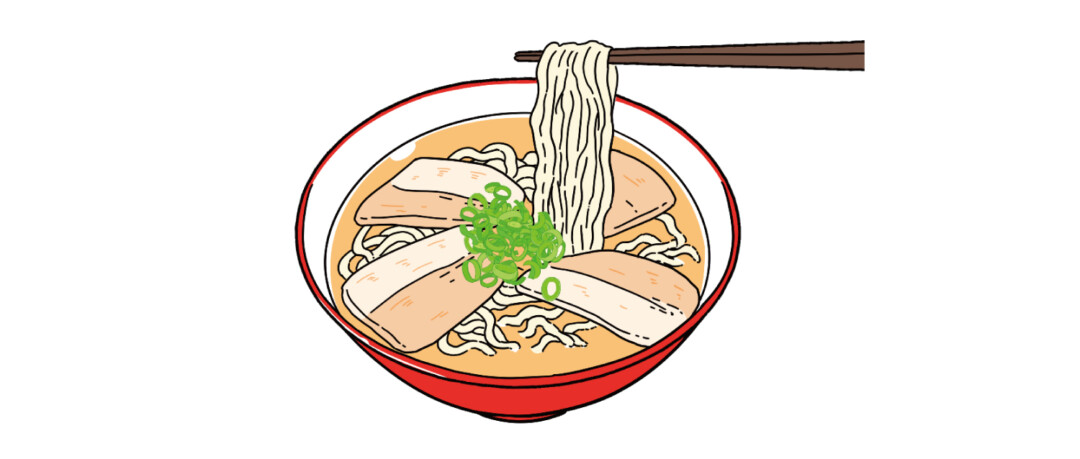
“Kitakata Ramen” features thick, curly noodles with a chewy texture and higher water content than standard noodles. In Kitakata City, Fukushima, where brewing was a thriving industry, soy sauce and sake were often used in the ramen broth. The city has around 100 ramen shops, each offering its own twist.
Locals even have a custom of eating ramen in the morning. This “Morning Ramen” (Asa-ra) is also popular among tourists, many of whom visit specifically to try it.
A Lunch Box Filled with Sea and Mountain Delicacies: “Wappa-meshi”
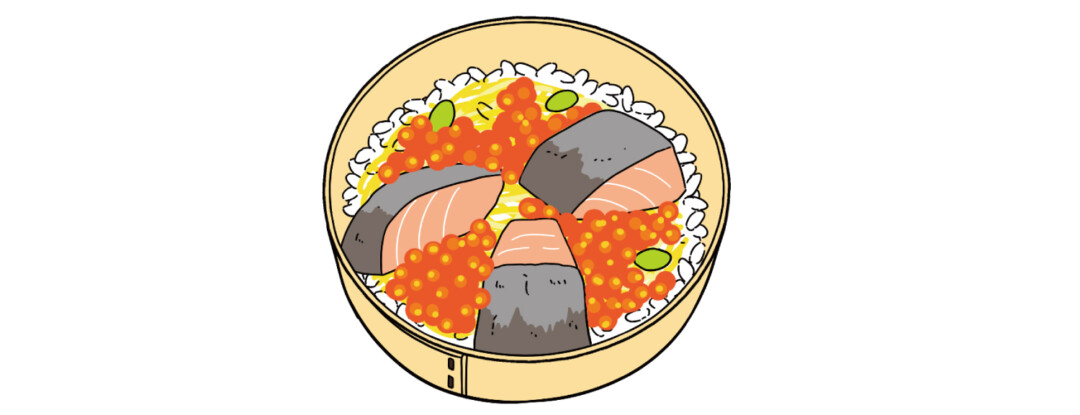
Wappa-meshi is made by steaming rice together with seafood, meat, or vegetables tightly packed into a round wooden box called “wappa,” crafted from thin wooden boards. The ingredients vary: some versions feature salmon or other seafood, while others use mountain vegetables and mushrooms. In addition to the delicious ingredients, you can also enjoy the subtle aroma of the cypress or cedar used to make the wappa container.
Traditional Healthy Food: “Ika-ninjin”
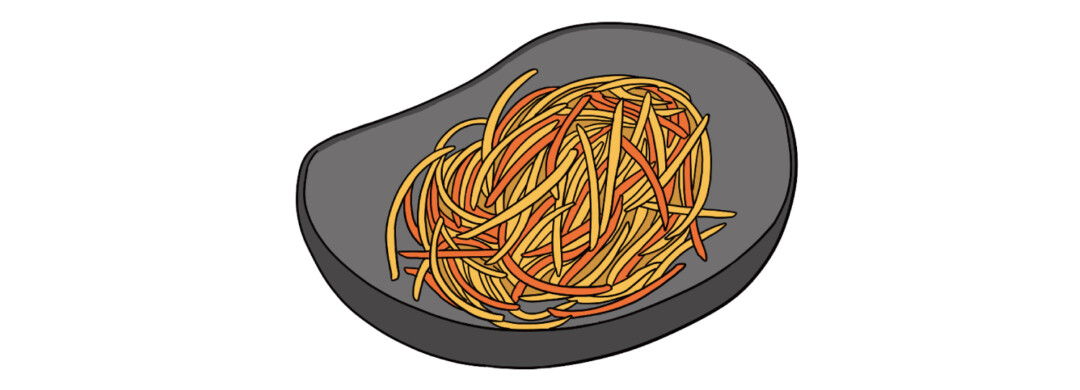
Ika-ninjin is a traditional homemade dish eaten in Fukushima for over 100 years. Because it keeps well, it was once made as a preserved food for winter. It is prepared by soaking julienned dried squid and carrots in a sauce made with soy sauce, coarse sugar, mirin, and other seasonings for about half a day. Its crunchy texture and sweet-salty flavor make it perfect both as a side for rice and as a snack with drinks. Made from inexpensive ingredients, it is easy to prepare and loved by locals as a low-carb, low-fat food.
*The information is based on the time of reporting or creation, and may differ from the current situation.
tags:
share:







